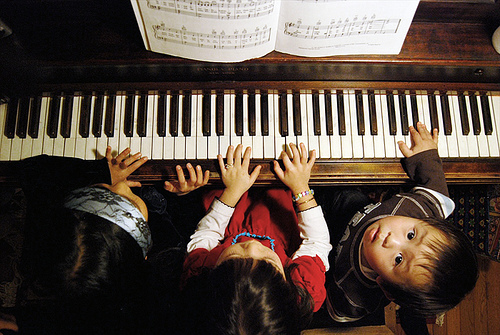Playing the piano can be one of the most rewarding activities that will broaden your musical horizon to a degree you may never have thought possible. All of us who play the piano were in your situation once, when we didn’t know which is the best piano for beginners, or even how to find it. The process might be filled with uncertainties and this is why this article may come in handy when looking to purchase a piano for beginners. Below are some aspects that you should consider when looking for the perfect instrument at this stage.
Is the piano the right musical instrument for you?

The piano is a lovely musical instrument that requires years of practice and a good teacher if you want to get to the level of playing on-stage. However, anybody who wants to master the piano and is armed with a little time and persistence can achieve a good level of proficiency. If you can relate to one or more of the following aspects than the piano is the right instrument for you.
- Gain a better understanding and knowledge of musical theory
- Learn to play a great variety of different styles of music, from jazz to classical and beyond. The piano is an instrument that you can play almost any musical style on
- Learn how to play songs by ear
- Create your own musical pieces
Digital Pianos vs. Acoustic Pianos
There’s a big debate going on about what type of piano makes the best option. Some pianists are raging fans of the acoustic models and choose not to acknowledge the benefits of digital pianos. Digital pianos have seen quite a great deal of evolution over the past years. With some of the best digital pianos on the market, you get the same feel and sound of acoustic versions, but they have certain features that no acoustic piano has. Another advantage of digital pianos over acoustic ones is the price advantage, as digital pianos have a very wide price range, depending on your needs. These are some of the features that make digital pianos equal if not more practical than acoustic ones:
- Mobility – When choosing a piano for beginners, this is a great advantage because beginners have to practice a lot, which means they will probably need to take their piano with them if they travel for a longer period.
- Flexibility – Digital pianos offer a great deal of flexibility, meaning there’s software that can emulate a great range of sounds and will make the learning process so much more fun and interactive.
- Silence – You can practice putting headphones on any time during day and night. This is an important aspect, as beginners have to practice a lot, the rest of the family may have other activities where silence is needed.
- Maintenance – Digital pianos need no maintenance like acoustic versions. When starting to play the piano, it’s hard enough to get it right, so tuning and maintenance could be a hindrance towards enjoying the piano as much as you could.
